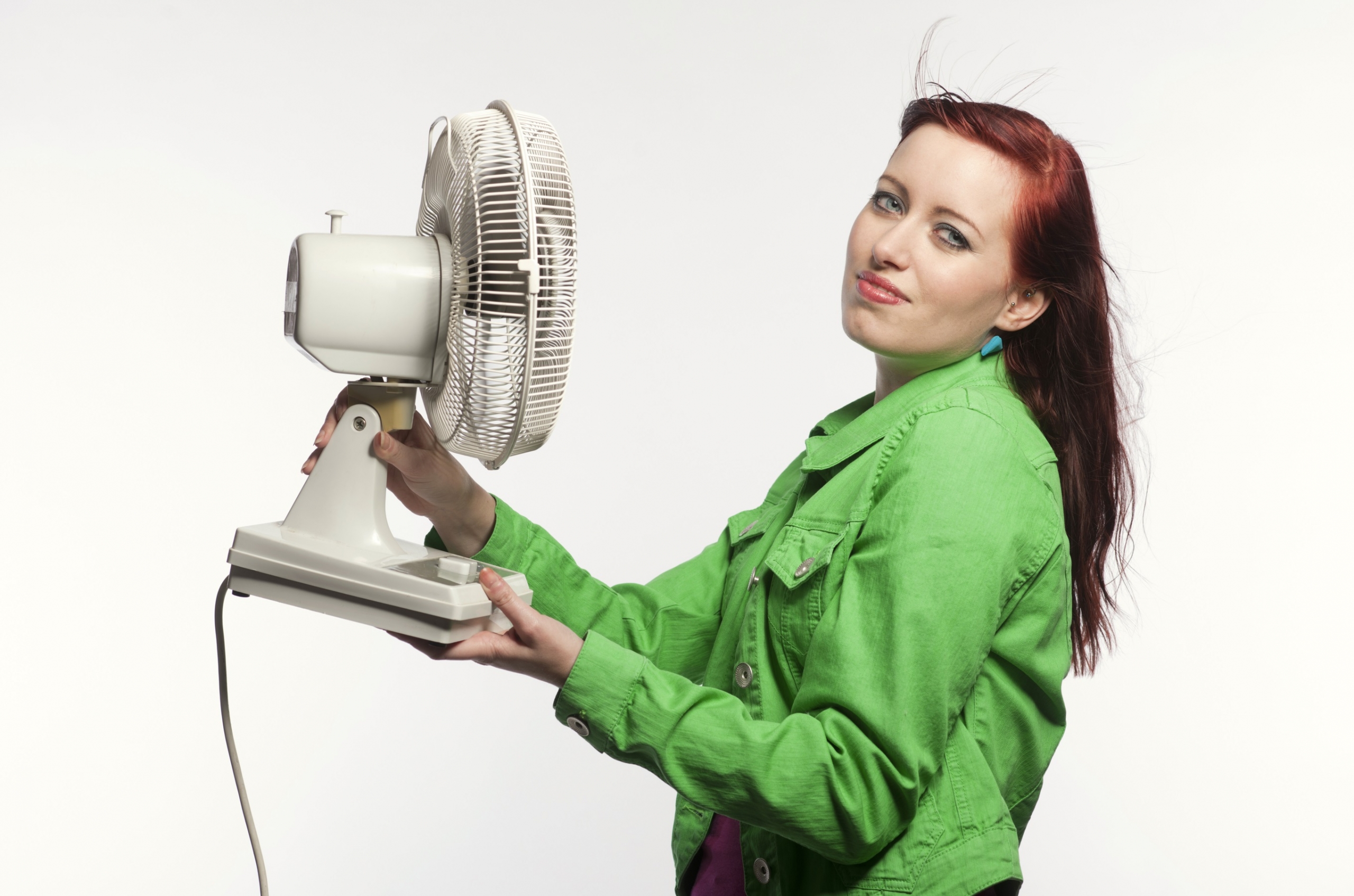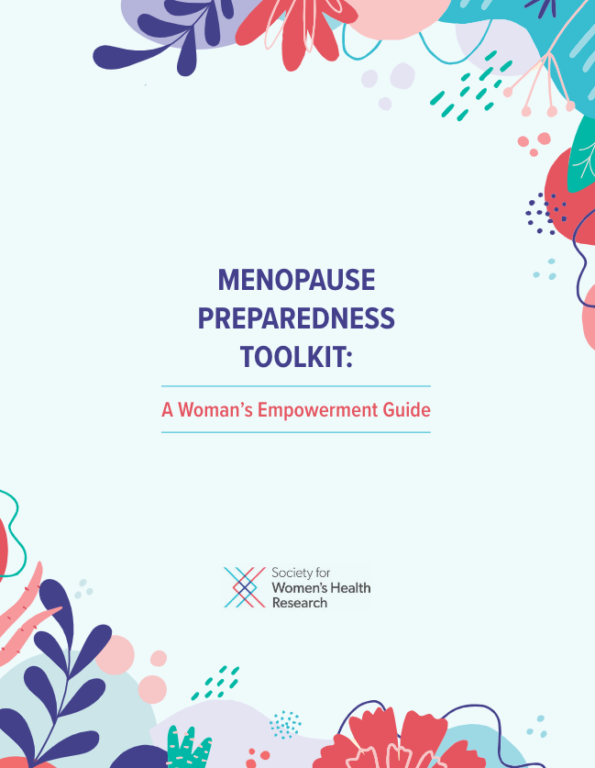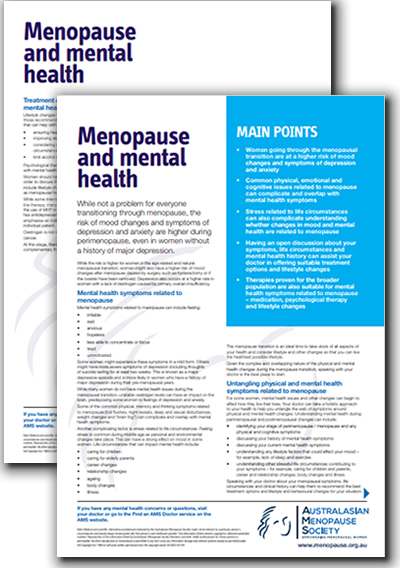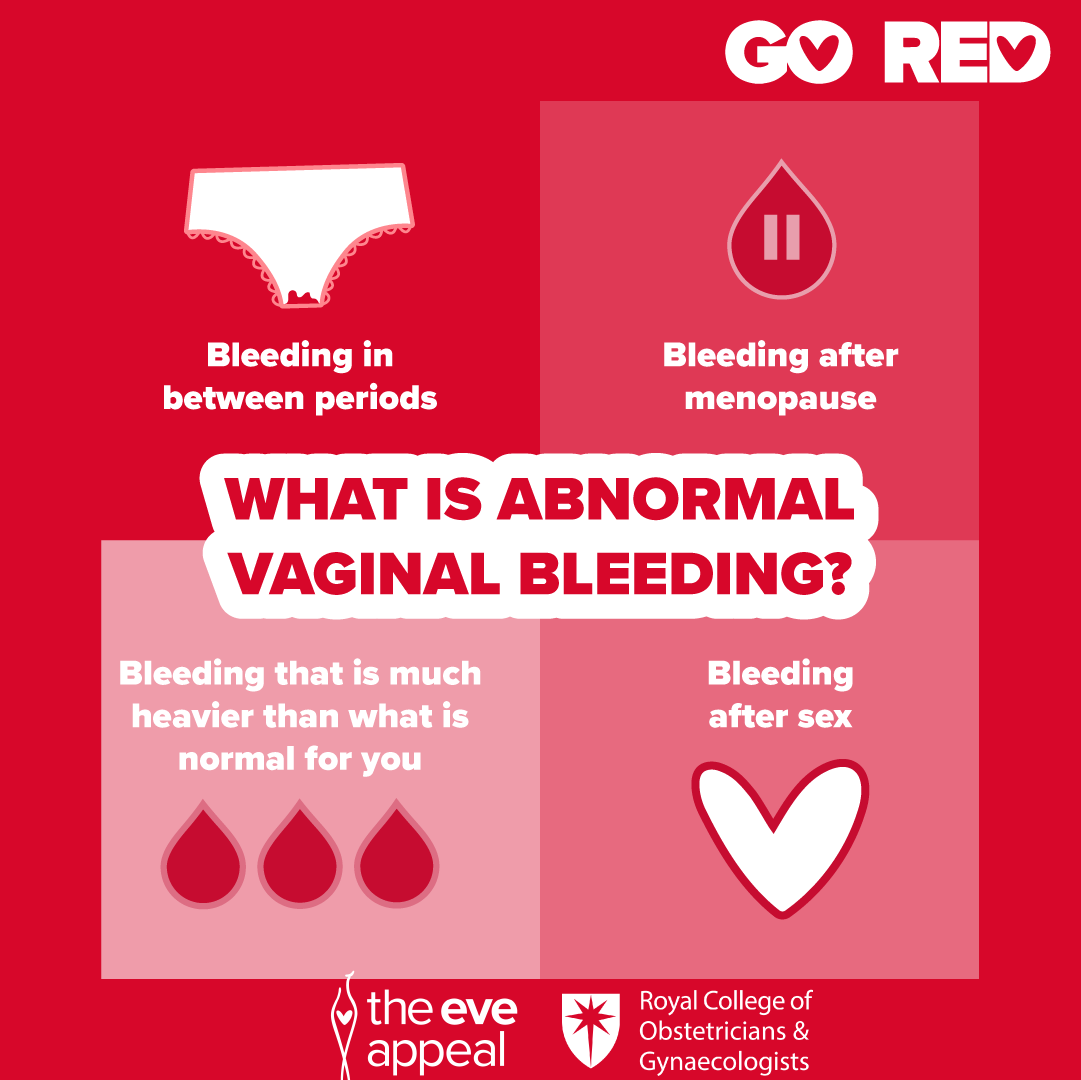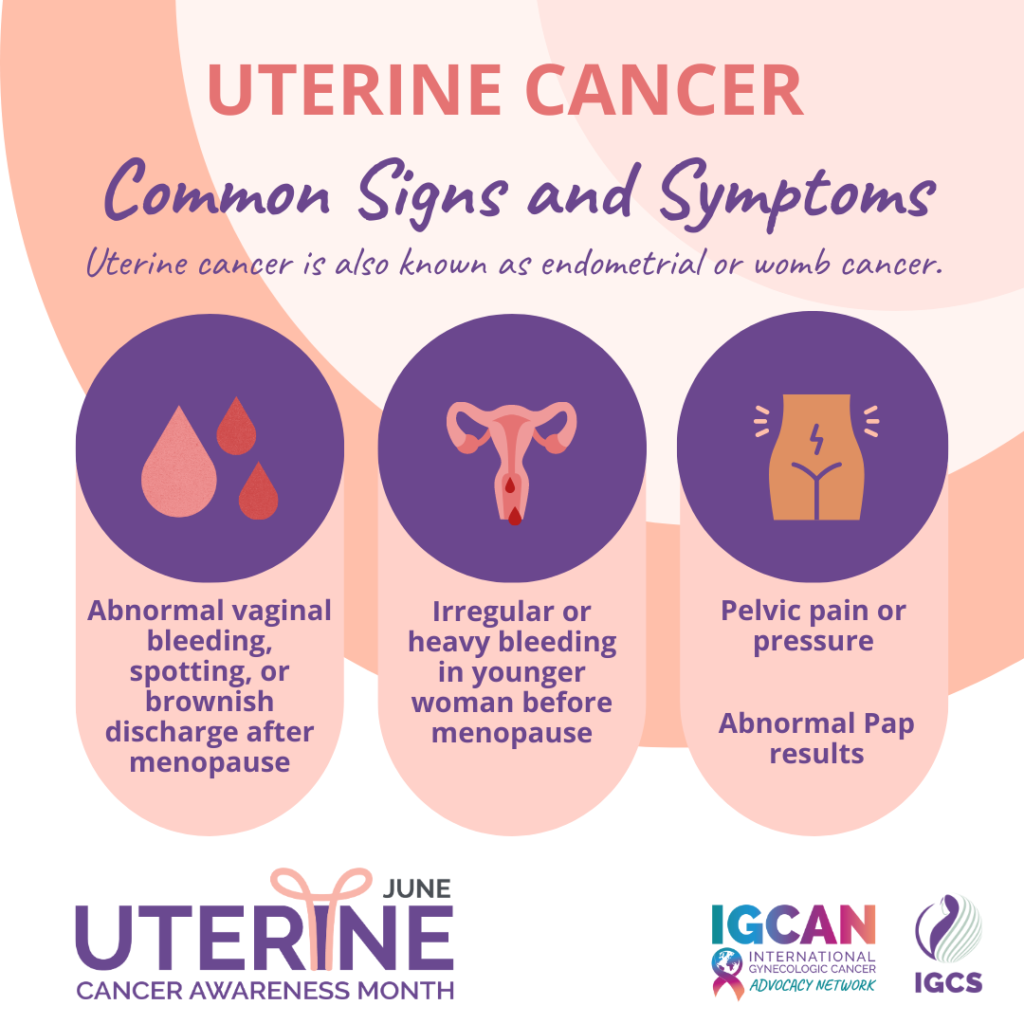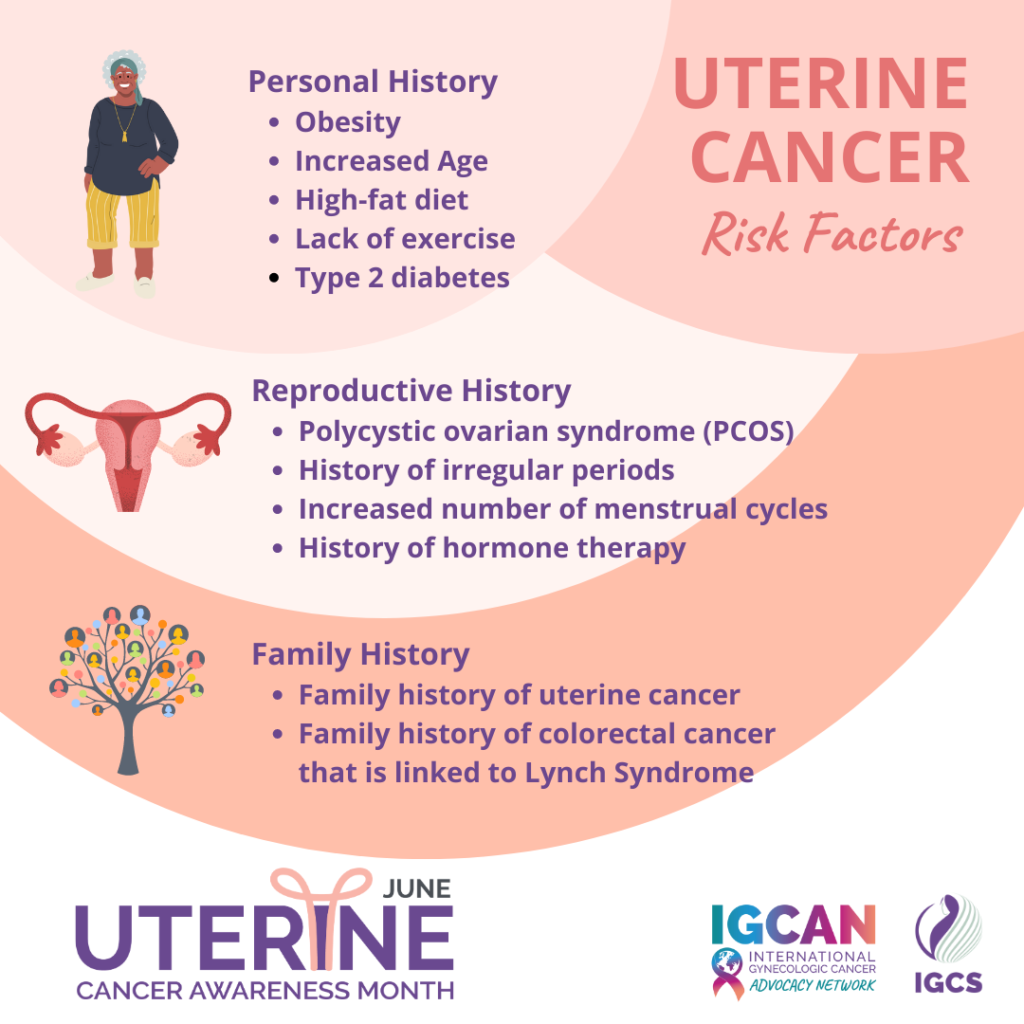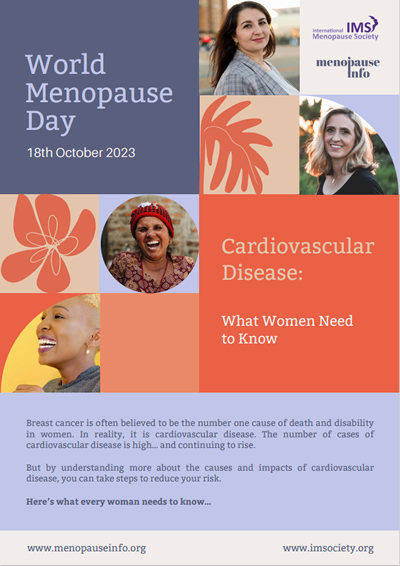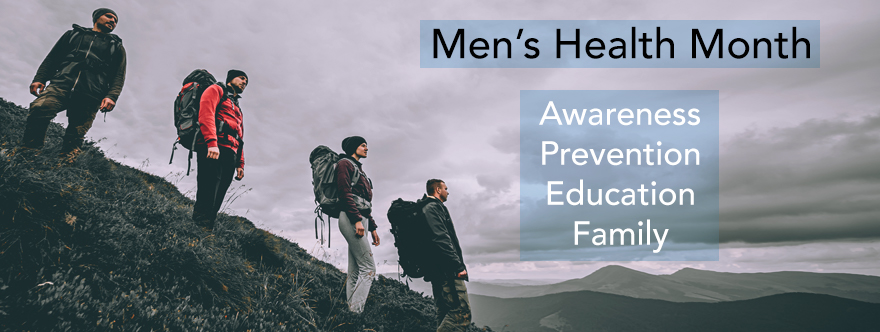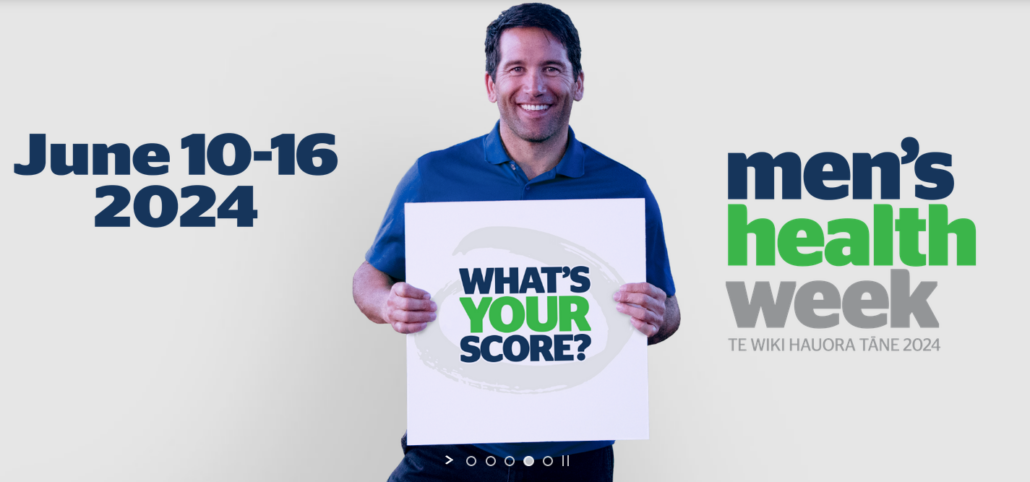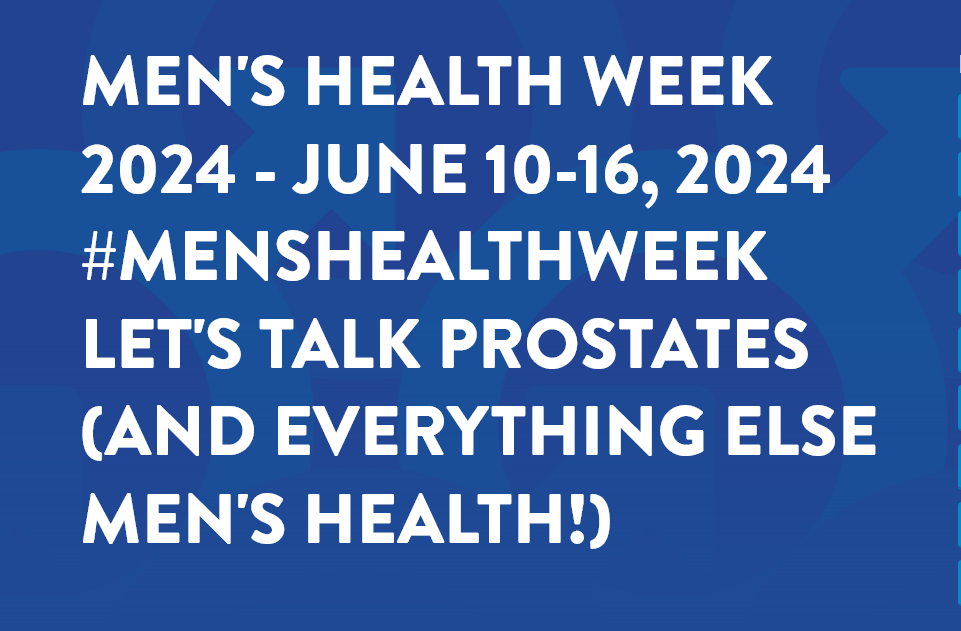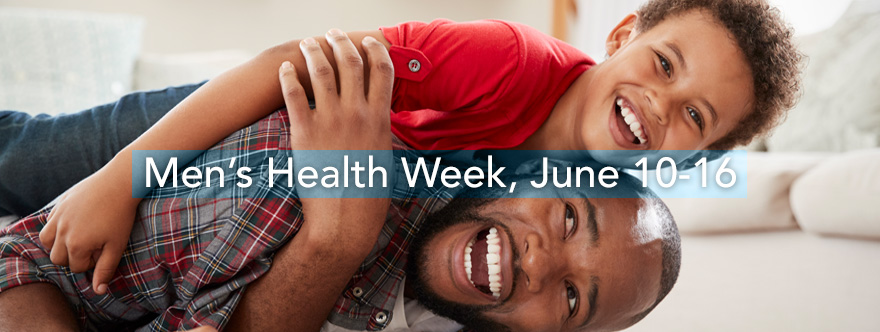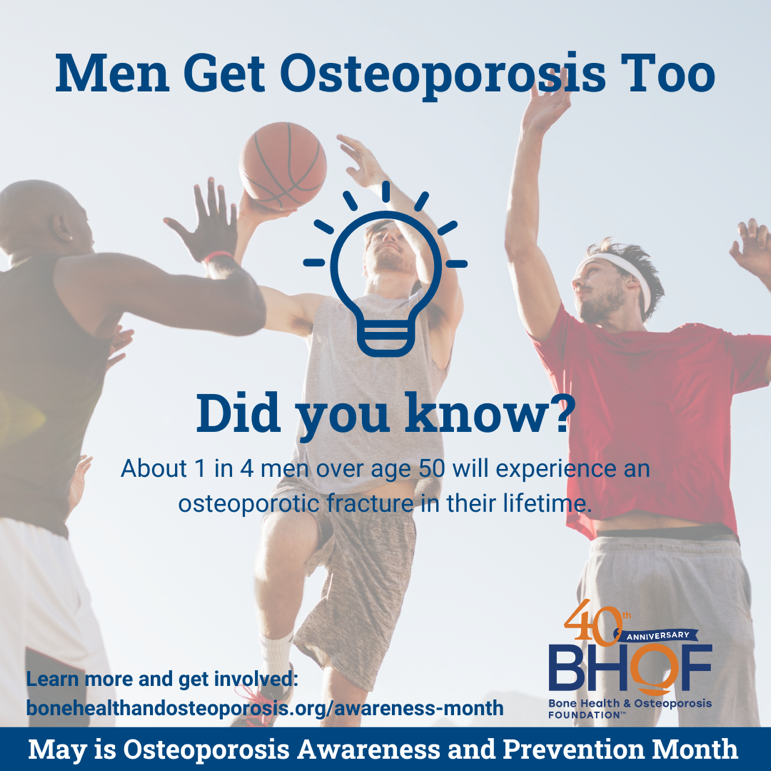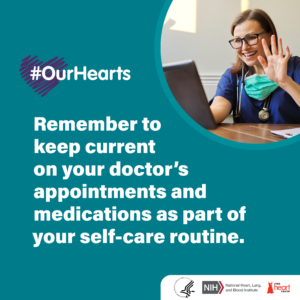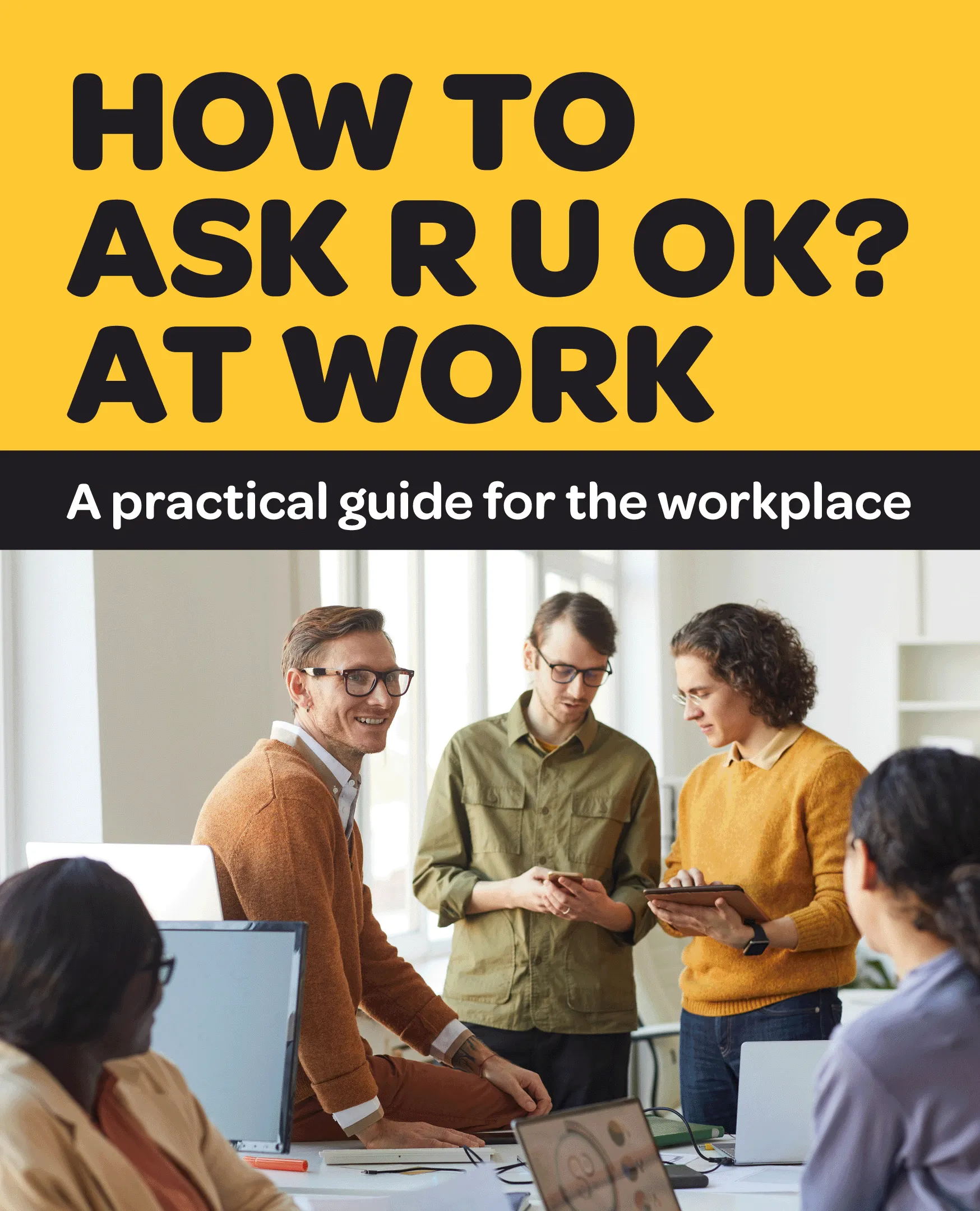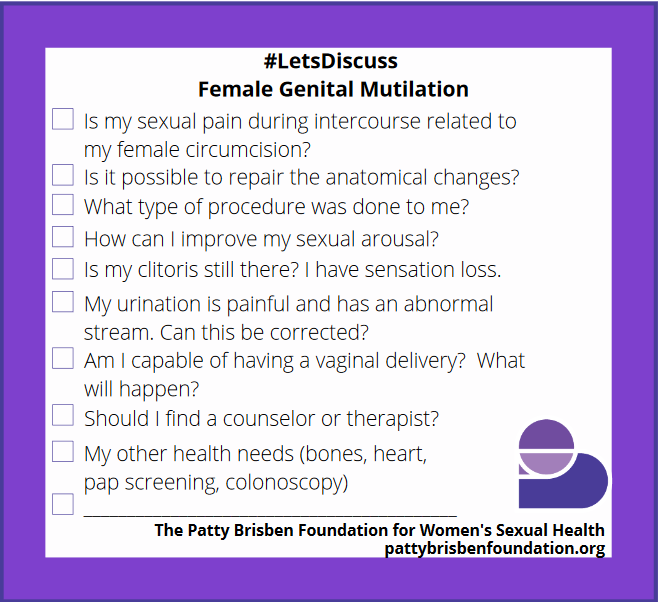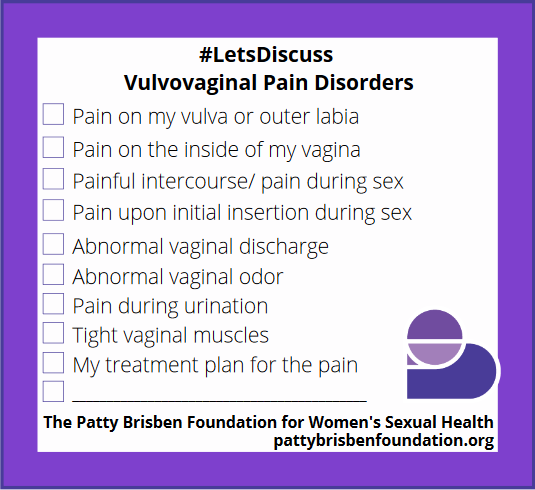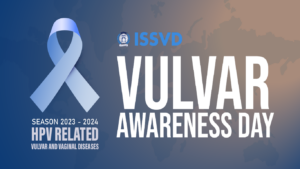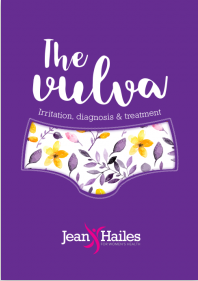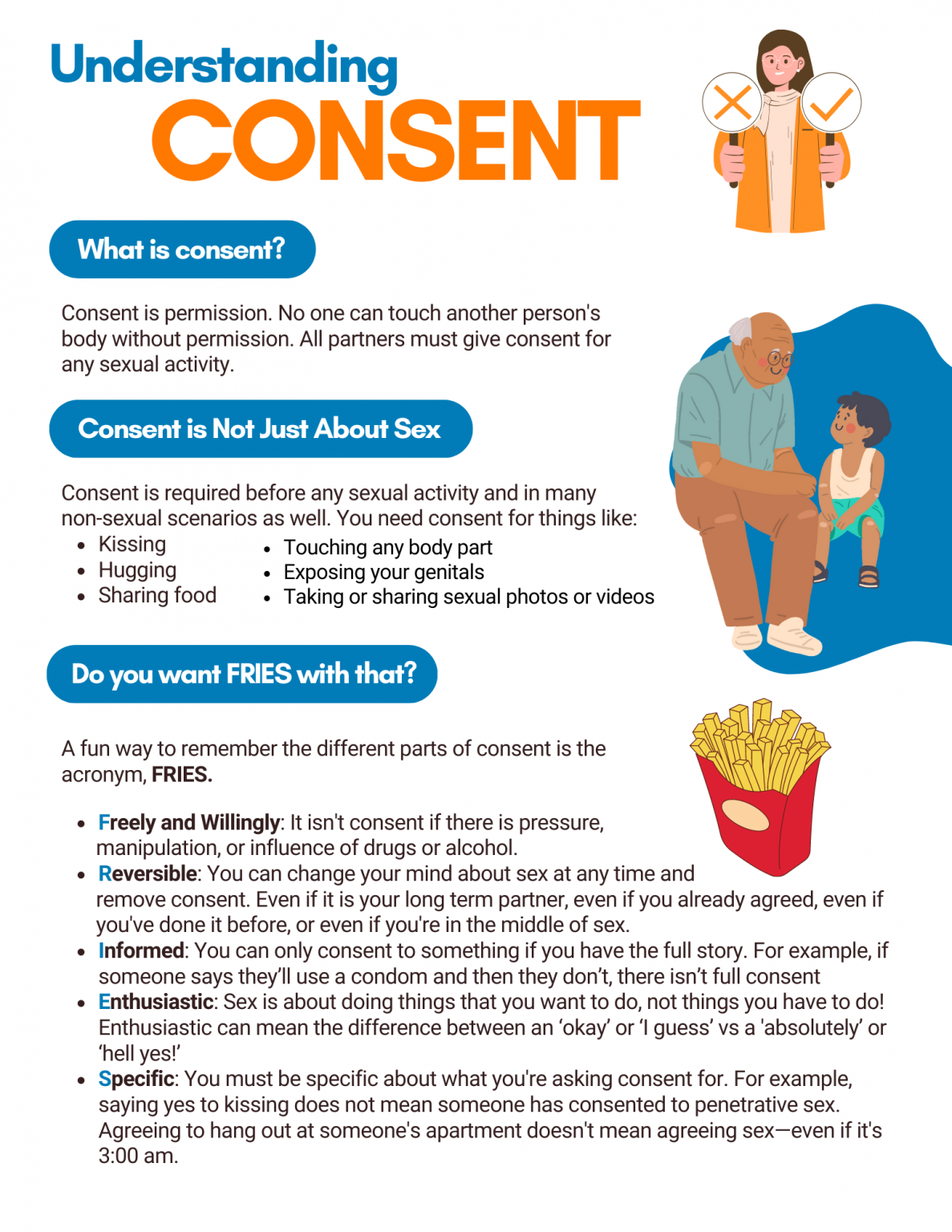“SERMs is “shorthand” for a class of drug called
selective oestrogen receptor modulators.
They are a versatile group of drugs that can be used to…”.1
Umbrella
What may the Hormone Therapy and SERMs Umbrella include?
Depending on the Source (DotS) this Umbrella may include:
- Bazedoxifene (BZA)
- Evista (chemical name: Raloxifene (RLX))
- Fareston (chemical name: Toremifene)
- Hormone Replacement Therapy (HRT)
- Hormone Therapy (HT)
- Menopausal Hormone Therapy (MHT)
- Nolvadex
- Oestrogen Agonist/Antagonists
- Ospemifene
- Selective Estrogen Receptor Modulators (SERMs)
- Soltamox
- Tamoxifen (TAM) (brand name: Soltamox)
SERMs
What are SERMs?
In SERMs – Their Role In Menopause Management, content updated May 2023, the Australasian Menopause Society (AMS) explain:
“SERMs is “shorthand” for a class of drug called selective oestrogen receptor modulators”.2
In Selective Estrogen Receptor Modulators (SERMs): Overview – What Are Selective Estrogen Receptor Modulators (SERMs)? the (United States) Cleveland Clinic note:
“Selective estrogen receptor modulators (SERMs) are hormone therapies that manage how estrogen works in your body. SERMs such as tamoxifen (Nolvadex®, Soltamox®) and raloxifene (Evista®) are effective treatments for some types of breast cancer and osteoporosis”.3
Different Kinds of SERMs
What are different kinds of SERMs?
In SERMs – Their Role In Menopause Management: Different Kinds of SERMs the AMS include:
- “Tamoxifen…
- Raloxifene…
- Bazedoxifene…
- Ospemifene…
- Lasofoxifene…”.4
Treatment
What can SERMs be used to treat?
In SERMs – Their Role In Menopause Management the AMS elaborate on:
“They are a versatile group of drugs that can be used to treat/ prevent several conditions such as osteoporosis, infertility and hormone responsive cancers. Within the SERM class, different compounds have differing agonist or antagonist effects at the oestrogen receptor in different tissues, therefore they are “selective””.5
In Selective Estrogen Receptor Modulators (SERMs): Overview – What Are Selective Estrogen Receptor Modulators (SERMs)? How Do SERMs Work? the Cleveland Clinic note:
“SERMs are medical multitaskers. They block estrogen from connecting with breast cancer cells, keeping the cells from multiplying. At the same time, SERMs act like estrogen, boosting estrogen levels in your bones and preventing osteoporosis”.6
Vasomotor Symptoms
How effective are SERMs for the treatment of Vasomotor Symptoms (VMS) or hot flushes and night sweats?
On page one in Nonhormone Treatments for Hot Flashes and Night Sweats: Nonhormone Treatment Options – Recommended, published 17 July 2023, the North American Menopause Society explain:
- “The selective serotonin reuptake inhibitors and serotonin-norepinephrine reuptake inhibitors are effective in some, but not all, women with VMS. Paroxetine, 7.5 mg/day, has regulatory approval for VMS in the USA”.7
In The 2023 Practitioner’s Toolkit for Managing Menopause: Management – Effectiveness: Non-Hormonal Options With Evidence To Support Efficacy, published online 30 October 2023, the authors elaborate on:
Low-dose oxybutynin has been found to be effective for treatment of VMS either as a standard low-dose or extended-release formulation.
Other potential, but probably less effective, options include clonidine and gabapentin/pregabalin”…8.
Health Care Provider
What if I choose to use SERMs?
If you choose to use SERMs, it may be in your best interest to also choose to talk to your health care provider about this.
In Selective Estrogen Receptor Modulators (SERMs) the (United States) Breastcancer.org note:
 “If you’re having problematic side effects from taking a SERM, tell your doctor right away. You may be able to take a different dose or try a different hormonal therapy medicine”.9
“If you’re having problematic side effects from taking a SERM, tell your doctor right away. You may be able to take a different dose or try a different hormonal therapy medicine”.9 Health Topics A-Z
Where may I find Health Topics A-Z related to Hormone Therapy and SERMs?
In Health Topics A-Z you may find:
Links
Where may I find Links related to Hormone Therapy and SERMs?
Your Country may have Links similar to:
Links
This Links List to third party websites is neither comprehensive nor exhaustive. Inclusion on this Links List does not imply endorsement or recommendation. Non-inclusion on this Links List does not imply non-endorsement or non-recommendation. Third party websites are not under the control of Meno Martha International Menopause Directory. Third party websites may contain explicit medical images and/or sexual references. Please read Meno Martha International Menopause Directory’s Links Policy before proceeding to a Link. Please contact Webmaster if you experience a problem with a Link.New or Updated
- Menopause: Understanding the Changes and Finding Relief | Dr Susan Davis | The Proof Podcast EP 256
- SERMs – Their Role In Menopause Management
- Selective Estrogen Receptor Modulators (SERMs)
- The 2023 Practitioner’s Toolkit for Managing Menopause [30 October 2023]
- Video Series-2024: Preparing for Your Menopause Health Care Visit [13 January 2024]
- Videos & Podcasts: Videos – Interviews: Preventing Bone Loss At Menopause [March 2024]
- Webinars: Previous – Approach To Bone Health In the Perimenopause and Postmenopause?
- ACOG Explains: Managing Menopause Symptoms [American College of Obstetricians and Gynecologists]
- BMS TV: Bioidentical Hormones
- BMS TV: Hormone Replacement Therapy (HRT)
 BMS TV: Menopause Explained
BMS TV: Menopause Explained- Bioidentical Hormones: Are They Safer?
- Breastcancer.org [United States]
- Build Better Bones.org [International Osteoporosis Foundation]
- Deciding About Hormone Therapy Use
- Does Osteoporosis Run In Your Family?
- Dr Louise Newson: The Truth About the Menopause & HRT
- Evista
- Fareston
- HRT
- HRT – Types, Doses and Regimens
- HRT: Benefits and Risks
- Hormone Replacement Therapy (HRT)
- Hormone Replacement Therapy (HRT): Benefits and Risks of Hormone Replacement Therapy (HRT)
- Hormone Therapy: Is It Right for You?
- Hot Flashes: What Can I Do? [+ Video: What Are the Signs and Symptoms of Menopause?]
- How Menopause Impacts Your Health
- I Forgot To Ask the Doctor – E9: The Menopause. Can Every Woman That Wants It Have HRT?
- Is There Still A Role for SERMs In Menopause Management?
- Joint Position Statement By the British Menopause Society, Royal College of Obstetricians and Gynaecologists and Society for Endocrinology on Best Practice Recommendations for the Care of Women Experiencing the Menopause
- Later Years (Around 50 Years and Over): Menopause and Post Menopause Health – Hormone Replacement Therapy (HRT) [Other Languages and Formats] [+ Video: Is HRT Bad for You?]
- Menopausal Hormone Therapy
- Menopause
- Menopause
- Menopause
- Menopause Management Options
- Menopause Map: Downloadable Resources – My Personal Path Print Tools: Questions for Your Health Care Provider

- Menopause Mindfulness: Understanding the Many Paths To Menopause
- Menopause Patient Information [Videos] 2. Talking To Your GP About Menopause
- Menopause Patient Information [Videos] 3. The Risks & Benefits of HRT
- Menopause Patient Information [Videos] 4. The Different Types of HRT
- Menopause Preparedness Toolkit Video Series: Common Conditions Associated With Menopause and Midlife
- Menopause Preparedness Toolkit Video Series: Treating Vasomotor Symptoms of Menopause
- Menopause Symptoms: Mayo Clinic Expert Outlines Hormone and Nonhormonal Therapies
- Menopause Treatments: What Works, What Doesn’t
- Menopause and Natural Therapies
- Menopause, Perimenopause, Hormone Therapy and Other Treatments With Madelyn Butler, MD [Podcast]
- Menopause: Diagnosis and Management – Information for the Public: Questions To Ask About Menopause [NICE Guideline]
- National Center for Complementary and Integrative Health: Know the Science: How Medications and Supplements Can Interact
- Natural Therapies
- Navigating Menopause: Expert Insights and Solutions | Dr Susan Davis | The Proof Podcast EP 245
- Nonhormone Treatments for Hot Flashes and Night Sweats
- Pathtogoodbonehealth.org [Your Path To Good Bone Health, Bone Health & Osteoporosis Foundation, United States]

- Raloxifene (Oral Route)
- Risks and Benefits of MHT
- SERMs – Their Role In Menopause Management
- Selective Estrogen Receptor Modulators (SERMs)
- Selective Estrogen Receptor Modulators (SERMs)
- Tamoxifen
- The 2023 Practitioner’s Toolkit for Managing Menopause
- The Truth About Menopause Supplements | Dr Sarah Berry
- Therapy for the Effects of Menopause
- Tips To Help Manage Menopause Symptoms
- Using Natural Therapies In the Menopause Transition – Webinar
- Video Series-2022: Hormone Therapy: Understanding the Risks and Benefits
- Video Series-2023: Lifestyle Modification and Prevention of Breast Cancer
- Video Series-2023: NAMS 2023 Nonhormone Therapies Position Statement for Bothersome Menopause Symptoms
- Video Series-2023: New FDA-Approved Nonhormone Option for the Treatment of Hot Flashes
- Video Series-2024: Preparing for Your Menopause Health Care Visit
- Videos & Podcasts: Videos – Interviews: Preventing Bone Loss At Menopause
- Videos and Podcasts: Videos – Interviews: A Simple Approach To Menopause: The Menopause Quick Six (www.MQ6.ca)
- Webinars: Previous – Approach To Bone Health In the Perimenopause and Postmenopause?
- Webinars: Previous – Non-Hormonal Pharmacological Interventions For VMS
- Webinars: Previous – The Early Menopausal Patient
- What Is Osteoporosis and What Causes It? [+ Video: What Is Osteoporosis]
- What Is Osteoporosis?
Sources
Where may I find the Sources quoted?
You may find the Sources quoted at:
Sources
- SERMs – Their Role In Menopause Management. Content Updated May 2023. Australasian Menopause Society https://www.menopause.org.au/hp/information-sheets/971-serms-their-role-in-menopause-management Accessed: 10 April 2024
- SERMs – Their Role In Menopause Management. Content Updated May 2023. Australasian Menopause Society https://www.menopause.org.au/hp/information-sheets/971-serms-their-role-in-menopause-management Accessed: 10 April 2024
- Selective Estrogen Receptor Modulators (SERMs): Overview – What Are Selective Estrogen Receptor Modulators (SERMs)? Last Reviewed: 03 February 2023. Cleveland Clinic https://my.clevelandclinic.org/health/treatments/24732-selective-estrogen-receptor-modulators-serm Accessed: 10 April 2024
- SERMs – Their Role In Menopause Management: Different Kinds of SERMs. Content Updated May 2023. Australasian Menopause Society https://www.menopause.org.au/hp/information-sheets/971-serms-their-role-in-menopause-management Accessed: 10 April 2024
- SERMs – Their Role In Menopause Management. Content Updated May 2023. Australasian Menopause Society https://www.menopause.org.au/hp/information-sheets/971-serms-their-role-in-menopause-management Accessed: 10 April 2024
- Selective Estrogen Receptor Modulators (SERMs): Overview – What Are Selective Estrogen Receptor Modulators (SERMs)? How Do SERMs Work? Last Reviewed: 03 February 2023. Cleveland Clinic https://my.clevelandclinic.org/health/treatments/24732-selective-estrogen-receptor-modulators-serm Accessed: 10 April 2024
- Nonhormone Treatments for Hot Flashes and Night Sweats: Nonhormone Treatment Options – Recommended. 17 July 2023:1. North American Menopause Society https://www.menopause.org/docs/default-source/default-document-library/nonhormone-treatment-menonote.pdf Accessed: 10 April 2024
- Davis, S. R., Taylor, S., Hemachandra, C., Magraith, K., Ebeling, P. R., Jane, F., and Islam, R. M. The 2023 Practitioner’s Toolkit for Managing Menopause: Management – Effectiveness: Non-Hormonal Options With Evidence To Support Efficacy. First Published Online: 30 October 2023 https://www.tandfonline.com/doi/full/10.1080/13697137.2023.2258783 Accessed: 10 April 2024
- Selective Estrogen Receptor Modulators (SERMs). Last Updated: 22 February 2023. Breastcancer.org https://www.breastcancer.org/treatment/hormonal-therapy/serms Accessed: 10 April 2024





